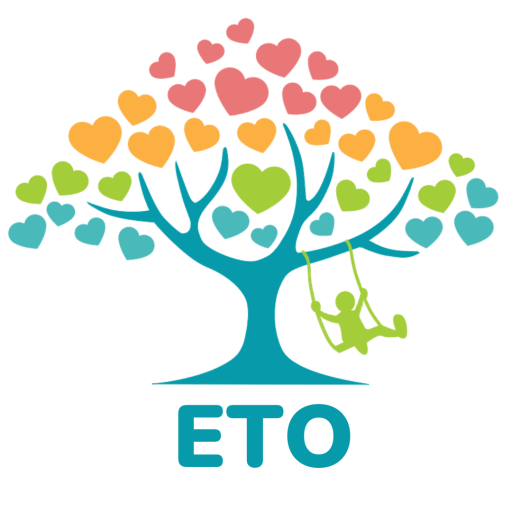This week we’re focusing on two key ways you can promote development in this area through play. Learning to express one’s emotions, interact appropriately with others and empathise is key for emotional and social wellbeing and these skills can be a great outcome of the following certain types of play.
The Benefits of Persona Dolls: Building Empathy & Tolerance
Persona dolls, are dolls given personalities, families, cultural backgrounds and personal likes and dislikes.
According to researchers, the stories they are given enable children to explore positive and negative emotions and build their capacity to identify and form friendships with the dolls. They learn how to empathise and recognise the ways in which they are similar to, and different from, the dolls, and how discriminatory behaviours are hurtful.
When kids hear stories of how the dolls may have been mistreated in the past, it provides an opportunity for kids to not only empathise and understand how actions influence someone’s feelings, but they are motivated to problem solve and look for solutions or ways to act more positively towards others. This builds their ability to handle difficult situations in real life and display tolerance towards people from all different backgrounds.
Socio-dramatic Play & Social Skills
Between the ages of 2 to 4, kids become increasingly interested in cooperative play, that is, interacting with other children while playing, and a great deal of time is spent in play throughout preschool and early school years. This is good news, as playing with peers serves a very important function in helping children develop communication and language skills, foster imagination, and practise their social skills whilst expressing and regulating their emotions in a non-threatening environment.
Social pretend play refers to playing with other children while (collectively) transforming objects, people and situations in order to create imaginary situations. The term may refer to play including roleplays, imaginative or fantasy play and may also be referred to as dramatic play.
Kids develop complex scripts to act out, play different roles, try out different ways to respond to peers, learn to take turns and be patient, practise explaining their actions and linking words to feelings, and even deal with difficult emotions like disappointment or social issues like conflict. According to practitioners, this kind of play can have healing functions for children. They can act out and experience emotions, without ‘losing control’, within a safe environment and explore how to appropriately express and regulate feelings like anger, sadness, and guilt.
Imaginative Play toys like dolls, puppets, dress-up kits, occupational/kitchen play sets are all great toys to promote pretend play among kids!
References:
Benson, J. B., Haith, M. M., Benson, J. B., & Haith, M. M. (2009;2010;). Social and emotional development in infancy and early childhood. US: Academic Press.
Cowie, H. (2012;2014;2013;). From birth to sixteen: Children's health, social, emotional and linguistic development. Florence: Routledge Ltd - M.U.A. doi:10.4324/9780203126356
David Whitebread & Lisha O'Sullivan (2012) Preschool children's social pretend play: supporting the development of metacommunication, metacognition and self-regulation, International Journal of Play, 1(2), 197-213, DOI: 10.1080/21594937.2012.693384
Sheppy, S. (2009;2012;). Personal, social and emotional development in the early years foundation stage. New York;London;: Routledge. doi:10.4324/9780203609521

